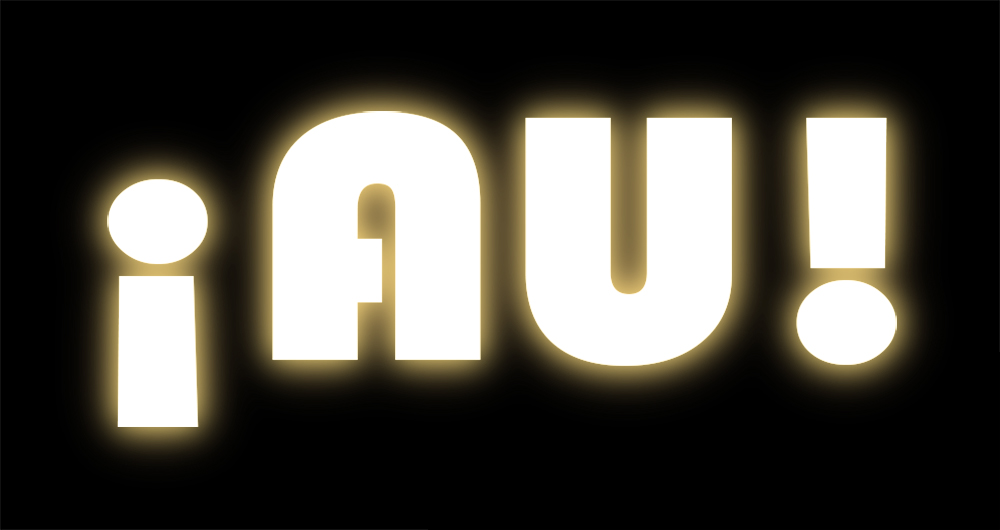Denmark has introduced a draft law to combat deepfakes which would give each person copyright control over their appearance and voice. Deepfakes would be illegal to share without the express consent of the person being portrayed.
“We agree and are sending an unequivocal message that everybody has the right to their own body, their own voice and their own facial features, which is apparently not how the current law is protecting people against generative AI,” Danish culture minister, Jakob Engel-Schmidt told The Guardian.
The new law would empower Danes affected by deepfake content to demand its removal or get compensation for unauthorized monetization of their image.
This right to receive a percentage of revenue garnered from deepfake use would extend for 50 years beyond the person’s death. Any platform’s hosting deepfake content could face fines.
The new Danish bill doesn’t explicitly address criminal charges but would set the stage for anyone seeking to pursue damages in court. The draft law will come before the Danish Parliament this month.
While legislation against AI content has been slow to appear, in May of this year, the US passed the TAKE IT DOWN (Tools to Address Known Exploitation by Immobilizing Technological Deepfakes on Websites and Networks) Act. The law takes aim at nonconsensual publication of “intimate visual depictions of individuals, both authentic and computer-generated”—NCII (non-consensual intimate imagery) or “revenge porn”. The law requires platforms to create a process where victims who have had likenesses posted without consent can notify the platform and expect it to be removed within 48 hours.
Critics of the TAKE IT DOWN Act have expressed concerns about the vagueness of its wording and potential for enabling the fast removal of legitimate content.









